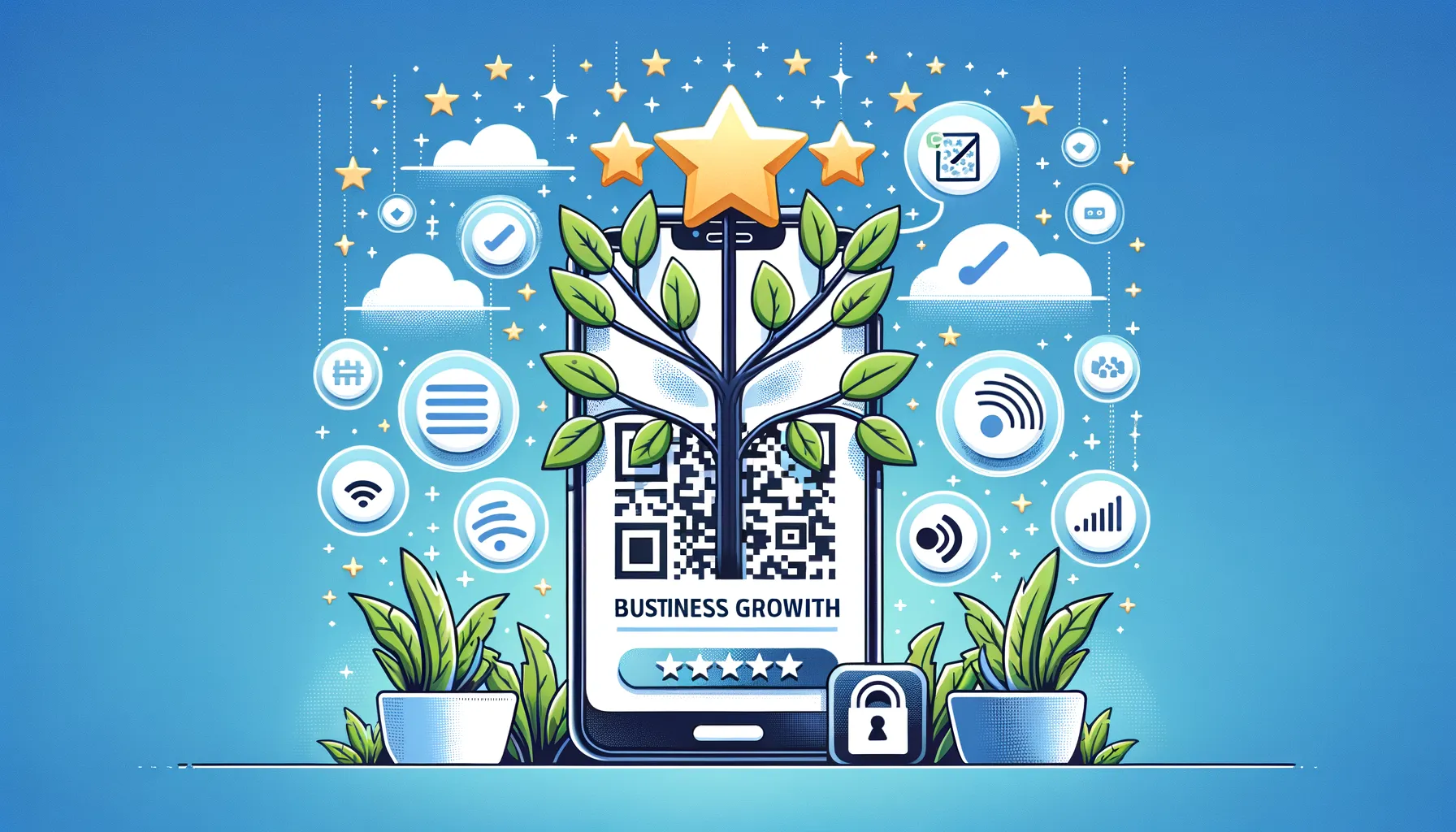
In an age where digital transformation is not just an option but a necessity, the shift from traditional paper business cards to digital versions represents a significant leap towards more efficient, sustainable, and impactful professional networking. This pivot not only reflects the growing preference for digital solutions across all aspects of life but also underscores the dynamic capabilities of digital business cards in fostering connections. With features like real-time updates, customization, and the powerful implementation of NFC technology, digital business cards are setting a new standard in how professionals exchange contact details and present themselves in the digital world.
The Decline of Traditional Business Cards in a Digital World
The advent of smartphones and the internet has led to a gradual yet decisive decline in the use of paper-based business cards. Modern professionals are increasingly seeking digital alternatives that are more aligned with the environmentally conscious, technologically advanced, and fast-paced nature of today’s business landscape. Moreover, the need for up-to-date information and the ease of sharing offered by digital formats makes traditional cards seem inefficient and outdated.
Advantages and Features of Digital Business Cards
Digital business cards come packed with an array of advantages over their traditional counterparts. Key among these is the ability to instantly share contact information without physical exchange, allowing for seamless networking in any setting. The digital format also ensures that contact details can be updated effortlessly, avoiding the hassle and expense of reprinting. Additionally, the customization options available with digital cards serve to enhance personal branding, making every interaction memorable and impactful.
The Role of NFC Technology in Revolutionizing Digital Business Cards
Near Field Communication (NFC) technology has played a pivotal role in elevating the functionality and user experience of digital business cards. By enabling a “tap-and-share” mechanism, NFC has made the exchange of contact information as simple as touching two devices together. This convenience, combined with the growing ubiquity of NFC-enabled devices, positions digital business cards with NFC as the future standard for professional networking.
Exploring Platforms for Creating and Distributing Digital Business Cards
The ecosystem for digital business cards is supported by a range of platforms and services that offer robust creation and distribution tools. Platforms like ‘My Digital Card 360’ and ‘InfoLink 360’ not only provide templates and customization options but also integrate QR code and NFC functionalities, facilitating a seamless setup process. These platforms enhance the accessibility and reach of digital business cards, further encouraging the shift from traditional formats.
The Eco-Friendly Impact and Cost-Effectiveness of Going Digital
One of the most compelling arguments for switching to digital business cards is their positive environmental impact. By eliminating the need for paper and ink, digital cards significantly reduce waste and the carbon footprint associated with the production and disposal of traditional cards. Additionally, the cost savings from not having to print and distribute physical cards make digital versions an appealing option for both individuals and businesses.
Customization and Branding with Digital Business Cards
The ability to customize digital business cards allows for a level of personalization and branding that traditional cards cannot match. From adding multimedia elements like videos or links to social media profiles, to choosing designs that reflect one’s professional identity, digital cards offer a dynamic canvas for showcasing one’s brand.
Integrating Digital Business Cards with Contact Management Systems
The utility of digital business cards is further enhanced through integration with contact management systems. This interoperability simplifies the process of organizing and maintaining a professional network, ensuring that contact information is readily accessible and up-to-date. Through platforms like ‘InfoLink 360’, users can streamline their networking efforts, making every connection count.
The evolution from traditional to digital business cards marks a significant milestone in the journey towards more innovative, efficient, and eco-friendly networking solutions. As technology continues to advance, digital business cards are poised to become a staple in professional interaction, redefining the way we connect with others in the digital age.












